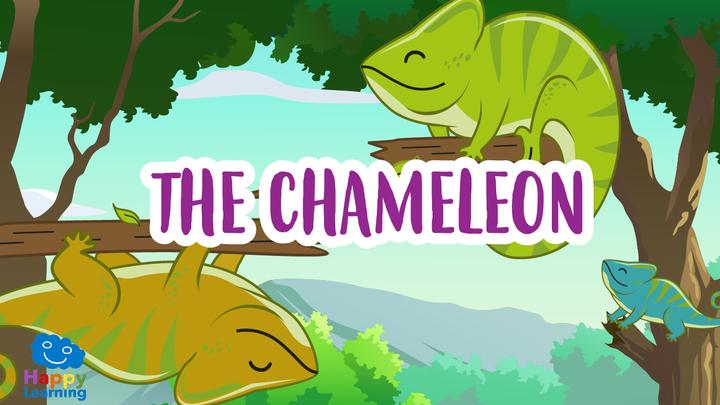
The Mammals
Mammals are viviparous meaning that they are born from their mother’s womb. In their early stages of live they feed on milk which they get from their mother’s mammary glands.

Mammals are viviparous meaning that they are born from their mother’s womb. In their early stages of live they feed on milk which they get from their mother’s mammary glands.

In this educational video dedicated to children we will learn, by studying the chameleon, which is a multicolor reptile, the basic characteristics of all reptiles. The chameleon is one of the most curious reptiles.

By observing crocodiles, we will learn the reptiles main characteristics. Reptiles have their whole body covered in scales. Thick, hard scales which protects the animal. Crocodiles appeared on earth 200 million years ago.

During this entertaining video dedicated to children in both preschool and primary, we will learn a bit more about this large group of animals. The invertebrate animals don’t have bones and are oviparous, meaning they reproduce by laying eggs.

The respiratory system is responsible for breathing which is the process of sucking the air around us and exhaling the carbon dioxide. As we all know, we must do this constantly to be able to live.

As you already know, the Sun is a star, one of the many stars that form the Milky Way, though for us, it is the most important shining star in the sky. The Sun, as well as all the other asteroids which revolve around it, make up the solar system.

The moon is the only satellite which rotates around our planet and it takes 28 days to completely go around the Earth. It has a rotation and a revolution movement, just like the Earth.

So that our body can make the most of the food we eat, it must first transform it into a simpler substance called nutrients. This food transformation process is called digestion and is done by the digestive system.

The Earth is the third planet from the Sun. Like other planets in the solar system, the Earth moves in two different ways: one is called rotation and the other is called revolution.

The stars are huge gas spheres that shine in the darkness of space. During clear nights we can see thousand of stars in the sky. All stars, along with the rest of the celestial bodies found in the sky are part of the Universe.